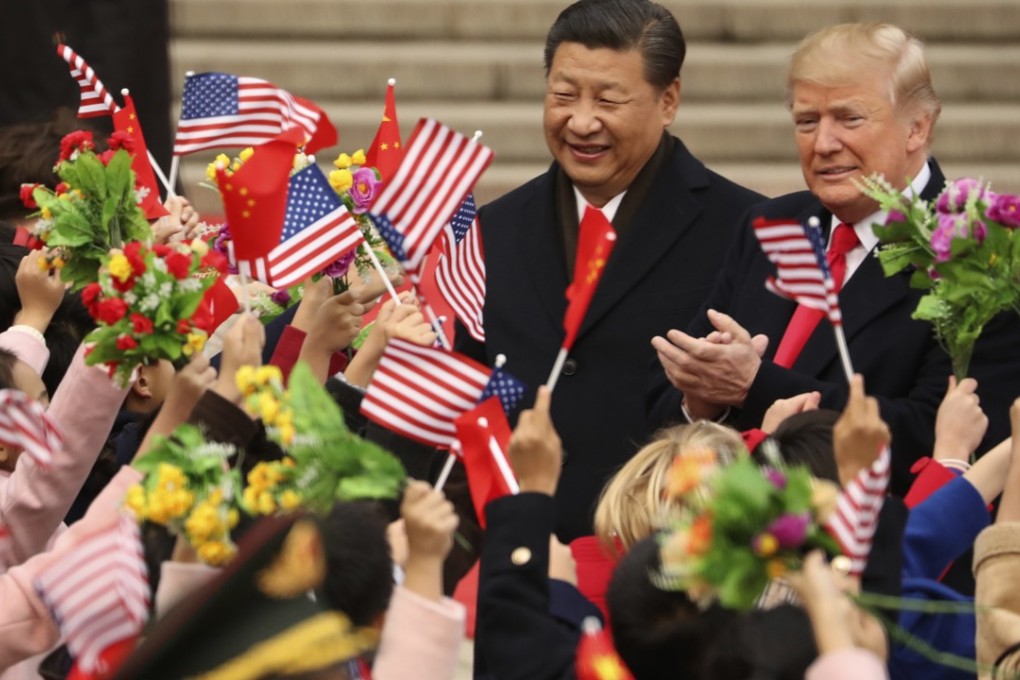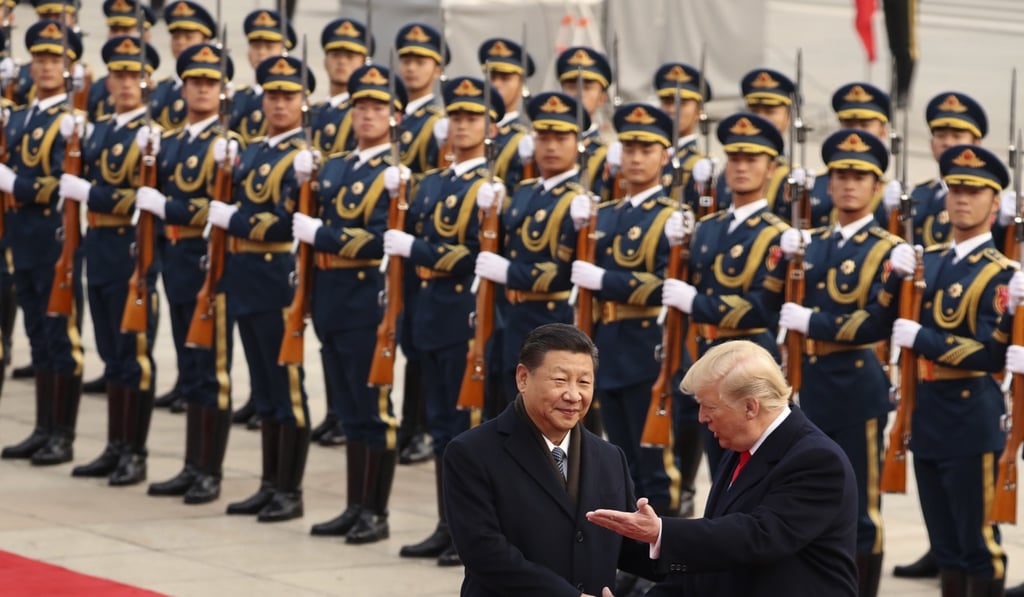Sino File | Trump’s first year failed the China test. His second looks far worse
Containing North Korea’s nuclear ambitions and narrowing the trade imbalance with Beijing topped the US president’s list when he took office. So what happened?


Trump’s move to abandon Obama’s China-unfriendly “pivot to Asia” diplomacy and the China-excluding Trans-Pacific Partnership also presented a set of positives to China. But one year on, such calculated goodwill has obviously failed to create momentum in solving differences between the two nations.
Trump’s vanishing act: a metaphor for the US in Asia?
On trade, both governments failed to narrow the imbalance. The overall US trade deficit not only rose under Trump, it hit a record. On Friday last week, China reported its largest-ever surplus with the US – US$275.8 billion in 2017. In a telephone conversation on Monday, Trump expressed his disappointment about this, telling Xi the growing trade deficit was not sustainable. The call came amid talks of a trade war, as the administration gears up to announce a string of actions, including possible tariffs. US investigators claim China is distorting trade and hurting US firms and workers.
